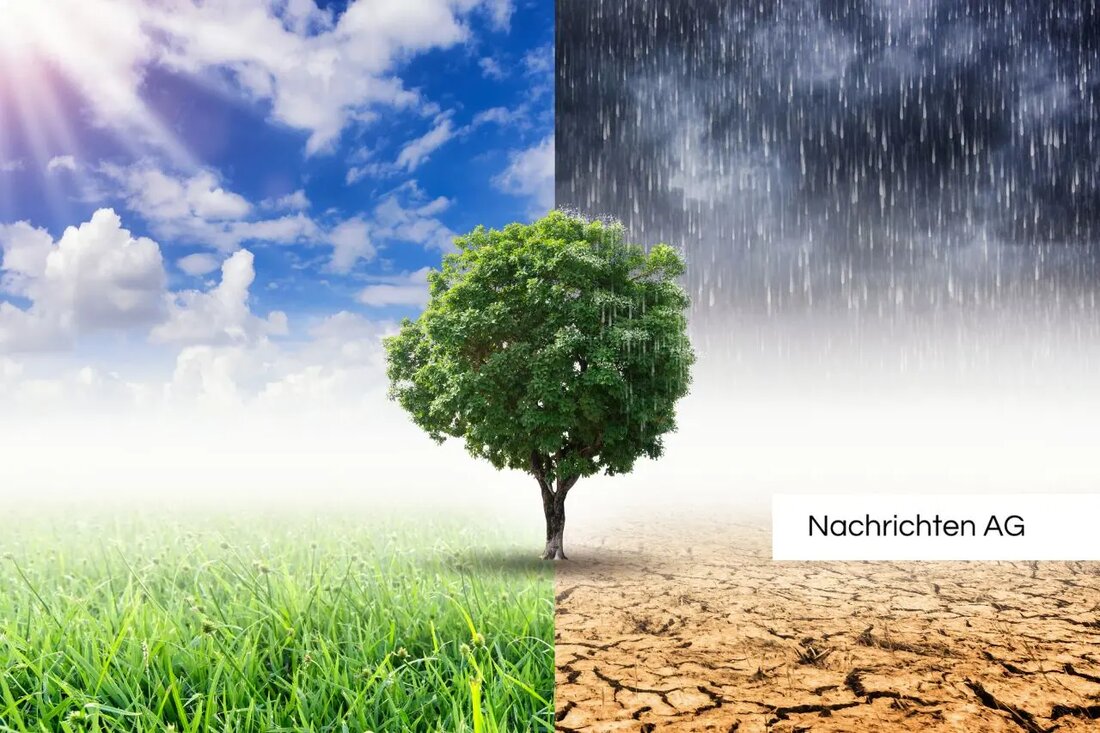Climate caretaker Pütz: Green Methanol as the key to the energy transition!

Climate caretaker Pütz: Green Methanol as the key to the energy transition!
On March 16, 2025, Jean Pütz, a renowned TV science journalist, released his new book "Prosperity and Economic growth without repentance-climate rescue yes!-Ein industrialization no!" Kabinett reports that Pütz presents an innovative approach to global energy supply in his work. This focuses on the changeover to regenerative energies and emphasizes the need for minimal research investments.
The book has already been presented about 50 politicians, some of whom signaled. Nevertheless, implementation stagnates. Pütz emphasizes that the causes, i.e. the use of fossil energy sources, are often not adequately taken into account in the discussion on climate. It compares the current situation with the use of headache tablets that only relieve the symptoms, i.e. CO₂ emissions, without treating the underlying cause. He argues that the long -term consequences of fossil use of energy were underestimated.
fossil fuels and their consequences
The dependence on fossil fuels reached its peak in 2022. Pütz criticizes the widespread ideology of decarbonization, which in his opinion does not adequately take into account defossilization. A lot of money was invested in decarbonization, while the actual problem, fossil energy, remains ignored. He also addressed these grievances at the COP28 climate conference in Dubai.
A focus of his book is on the promotion of green methanol as a sustainable energy source that can replace fossil fuels. This concept could be of great importance, especially for sunny developing countries, in order to perform as a producer of regenerative energy. In addition, green methanol can be synthesized from hydrogen gas and CO₂, which reduces the CO₂ content in the atmosphere.
global cooperation and technical challenges
In order to effectively combat man-made climate change, according to Professor Matthias Kleiner, President of the Leibnitz community, a global cooperation is essential. As part of a seminar, he addressed the progress and challenges of the energy transition, in particular the need to make energy supply sustainable in Germany. Jean Pütz and the Leibniz Institute Radry and are therefore working on concepts for CO₂-neutral heating. Methanol is viewed as a potential energy source of the future, which can support the transition to a more sustainable energy future.
The conversion of hydrogen with solar energy and CO₂ into alcohols, especially methanol, has the potential to overcome the energy policy challenges. Methanol is easy to use in existing infrastructures and could use CO₂ produced elsewhere. This is an opportunity, especially for developing countries that could establish new industrial branches to produce methanol and thus act globally.
Climate change, however, remains one of the greatest challenges of the 21st century. Studies show that the transition to sustainable energy sources, such as solar and wind power, contributes significantly to reducing greenhouse gas emissions. The knowledge points out that the installed capacity of renewable energies worldwide rose from 1,000 GW in 2000 to over 2,800 GW in 2020. A double increase in the proportion of renewable energies in the global energy mix could reduce emissions by up to 70 % by 2030.
Innovative strength in technology, for example through improved energy efficiency of solar cells and wind turbines, is crucial. Political framework conditions, a strong renewable energy law (EEG) in Germany and international cooperation are essential in order to master the challenges in the infrastructure, storage technologies and social acceptance. Pütz hopes that his book and his approaches will boost the discussion in politics and science and thus a further step towards a sustainable future.
| Details | |
|---|---|
| Quellen | |
